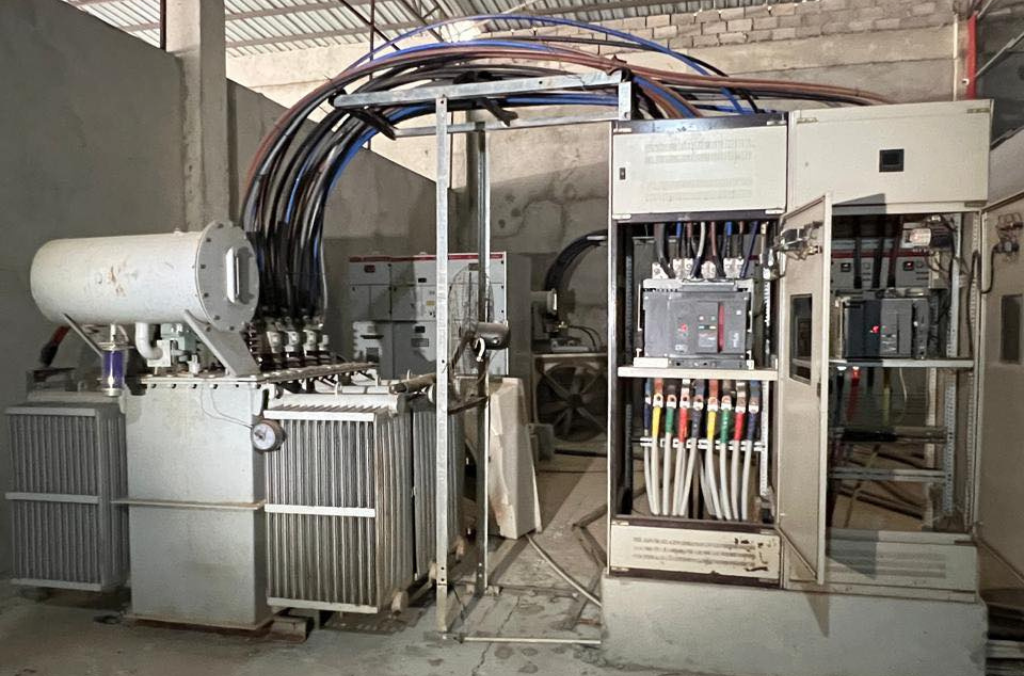
"Interpol's latest clampdown on cybercrime resulted in 1,209 arrests across the African continent, from ransomware crooks to business email compromise (BEC) scammers, the agency says. Operation Serengeti 2.0 took place between June and August this year, and the global policing coordinator confirmed today that it seized $97.4 million gained from cybercriminal enterprises across the continent. About $37 million was recovered in Angola, where authorities shut down 25 cryptocurrency mining centers allegedly run by 60 Chinese nationals using illegal power stations to validate blockchain transactions."
"However, the assets seized by police pale in comparison to the sums lost by victims of criminal enterprises in Zambia, which Interpol said exceeded $300 million. Local authorities dismantled a large-scale crypto-investment fraud scheme, which claimed around 65,000 victims who were duped into handing over their money via broad advertising campaigns promising large returns. Fifteen people associated with this scheme were arrested, Interpol said, and police seized related domains, mobile numbers, and bank accounts, which contributed to the wider operation's total 11,432 infrastructure takedowns."
Interpol arrested 1,209 suspects across Africa in Operation Serengeti 2.0 between June and August, seizing $97.4 million from cybercriminal operations. About $37 million was recovered in Angola after authorities shut down 25 cryptocurrency mining centers allegedly run by 60 Chinese nationals using illegal power stations to validate blockchain transactions; the seized cash will be redistributed to support power delivery in vulnerable areas. In Zambia, losses to criminal enterprises exceeded $300 million. Local authorities dismantled a large-scale crypto-investment fraud claiming around 65,000 victims, arrested 15 people, and seized domains, mobile numbers and bank accounts among 11,432 infrastructure takedowns. A separate Zambian probe disrupted a scam center and seized 372 forged passports for seven countries linked to a suspected human-trafficking network.
Read at Theregister
Unable to calculate read time
Collection
[
|
...
]